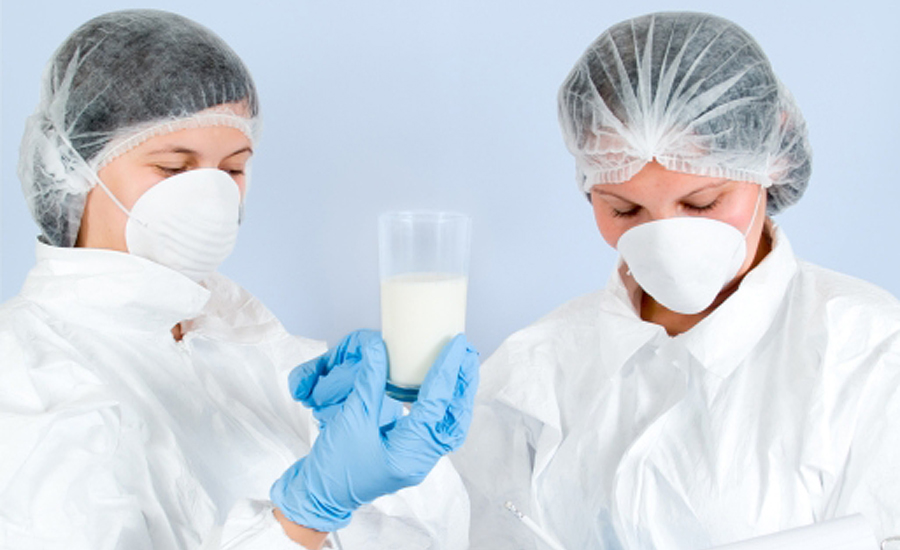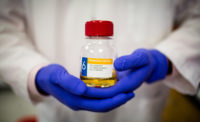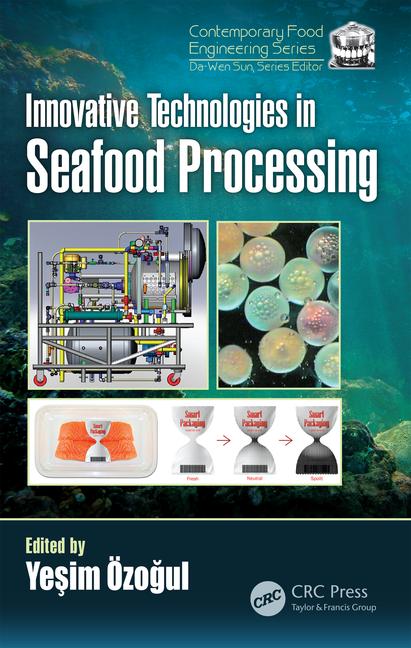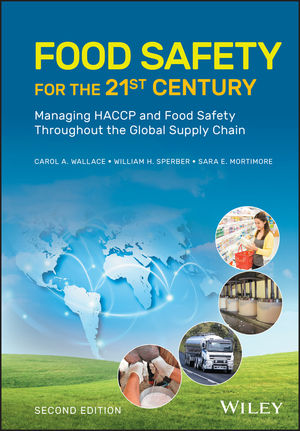FDA, UC Davis, Agilent Technologies, CDC Create Food Pathogen Genome Database

The database provides a roadmap for development of tests to identify
pathogens and provide information about the origin of each pathogen, significantly reducing the typical public
health response time in outbreaks of foodborne illness from weeks to days.
The U.S. Food and Drug Administration (FDA), Washington, D.C.; the University of California, Davis, Calif.; Agilent Technologies Inc., Santa Clara, Calif.; and the Centers for Disease Control and Prevention (CDC), Washington, D.C., collaborated to create a public database of 100,000 foodborne pathogen genomes to help speed identification of bacteria responsible for foodborne outbreaks.
Called “The 100K Genome Project,” this collaboration is a five-year effort to sequence the genetic code of approximately 100,000 foodborne pathogens and make this information available in a free, public database. The sequencing will include the genomes of foodborne pathogens such as Salmonella, Listeria, and E. coli.
The database provides a roadmap for development of tests to identify pathogens and provide information about the origin of each pathogen. The tests have the potential to significantly reduce the typical public health response time in outbreaks of foodborne illness to days instead of weeks.
“This important project will harness the cutting-edge technology of genome sequencing to advance our understanding of and response to foodborne outbreaks,” says Margaret A. Hamburg, M.D., FDA commissioner.
Open access to the database allows researchers to develop tests that can identify the type of bacteria present in a sample within a matter of days or hours, significantly faster than the approximately one week it now takes between diagnosis and genetic analysis.
The FDA is providing more than 500 already completed Salmonella whole-genome draft sequences, thousands of additional food pathogen strains for sequencing and bioinformatic support. FDA scientists also will participate in guiding the project and providing technical assistance when needed.
Meanwhile, Agilent provides expertise, instrumentation and funding to support a portion of UC Davis activities.
“Each year in the United States, there are more than 48 million cases of foodborne illness,” says Mike McMullen, president of Agilent’s chemical analysis group. “A problem of this magnitude demands an equally large counter-measure. We see this project as a way to improve quality of life for a great many people, while minimizing a major business risk for food producers and distributors.”
CDC experts will serve on the steering committee for the project.
“Protecting the American population from foodborne illness is a public health priority and requires the combined efforts of public and private partners,” says Beth Bell, MD, director of CDC’s National Center for Emerging and Zoonotic Infectious Diseases. “We welcome the opportunity to join in an initiative that shows promise for advancing our technological capacity for foodborne disease surveillance and outbreak response.”
The U.S. Department of Agriculture’s Food Safety and Inspection Service (FSIS) will also collaborate on the project.
"This initiative shows great promise as we look to improve our ability to identify and track down potential sources of foodborne outbreaks,” says Dr. Elisabeth Hagen, under secretary for food safety for USDA. “FSIS intends to submit important bacterial strains from our regulatory testing program for sequencing at UC Davis, and we look forward to the benefits this public database could provide federal, state and local public health agencies."
The U.S. Food and Drug Administration (FDA), Washington, D.C.; the University of California, Davis, Calif.; Agilent Technologies Inc., Santa Clara, Calif.; and the Centers for Disease Control and Prevention (CDC), Washington, D.C., collaborated to create a public database of 100,000 foodborne pathogen genomes to help speed identification of bacteria responsible for foodborne outbreaks.
Called “The 100K Genome Project,” this collaboration is a five-year effort to sequence the genetic code of approximately 100,000 foodborne pathogens and make this information available in a free, public database. The sequencing will include the genomes of foodborne pathogens such as Salmonella, Listeria, and E. coli.
The database provides a roadmap for development of tests to identify pathogens and provide information about the origin of each pathogen. The tests have the potential to significantly reduce the typical public health response time in outbreaks of foodborne illness to days instead of weeks.
“This important project will harness the cutting-edge technology of genome sequencing to advance our understanding of and response to foodborne outbreaks,” says Margaret A. Hamburg, M.D., FDA commissioner.
Open access to the database allows researchers to develop tests that can identify the type of bacteria present in a sample within a matter of days or hours, significantly faster than the approximately one week it now takes between diagnosis and genetic analysis.
The FDA is providing more than 500 already completed Salmonella whole-genome draft sequences, thousands of additional food pathogen strains for sequencing and bioinformatic support. FDA scientists also will participate in guiding the project and providing technical assistance when needed.
Meanwhile, Agilent provides expertise, instrumentation and funding to support a portion of UC Davis activities.
“Each year in the United States, there are more than 48 million cases of foodborne illness,” says Mike McMullen, president of Agilent’s chemical analysis group. “A problem of this magnitude demands an equally large counter-measure. We see this project as a way to improve quality of life for a great many people, while minimizing a major business risk for food producers and distributors.”
CDC experts will serve on the steering committee for the project.
“Protecting the American population from foodborne illness is a public health priority and requires the combined efforts of public and private partners,” says Beth Bell, MD, director of CDC’s National Center for Emerging and Zoonotic Infectious Diseases. “We welcome the opportunity to join in an initiative that shows promise for advancing our technological capacity for foodborne disease surveillance and outbreak response.”
The U.S. Department of Agriculture’s Food Safety and Inspection Service (FSIS) will also collaborate on the project.
"This initiative shows great promise as we look to improve our ability to identify and track down potential sources of foodborne outbreaks,” says Dr. Elisabeth Hagen, under secretary for food safety for USDA. “FSIS intends to submit important bacterial strains from our regulatory testing program for sequencing at UC Davis, and we look forward to the benefits this public database could provide federal, state and local public health agencies."
Looking for a reprint of this article?
From high-res PDFs to custom plaques, order your copy today!







